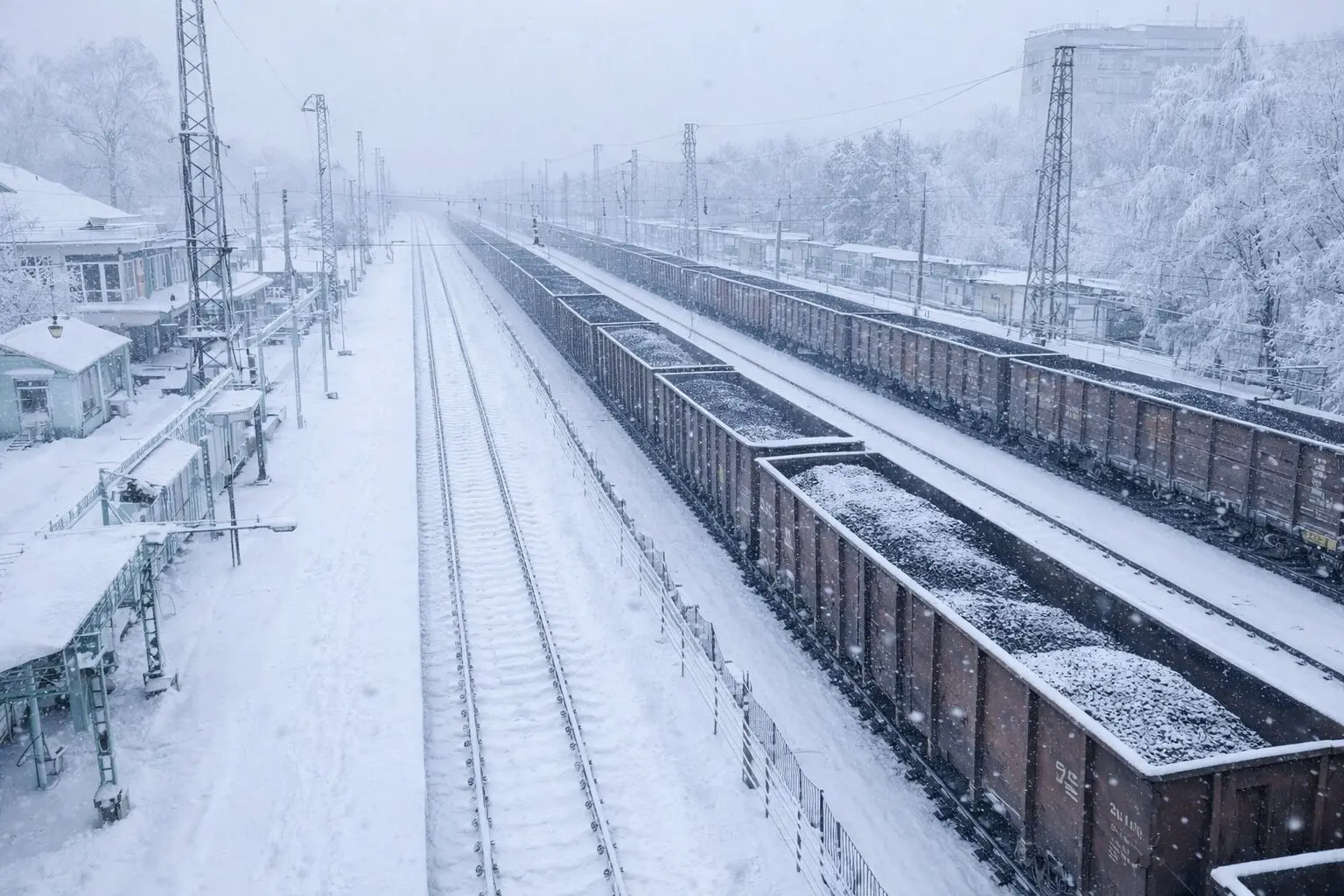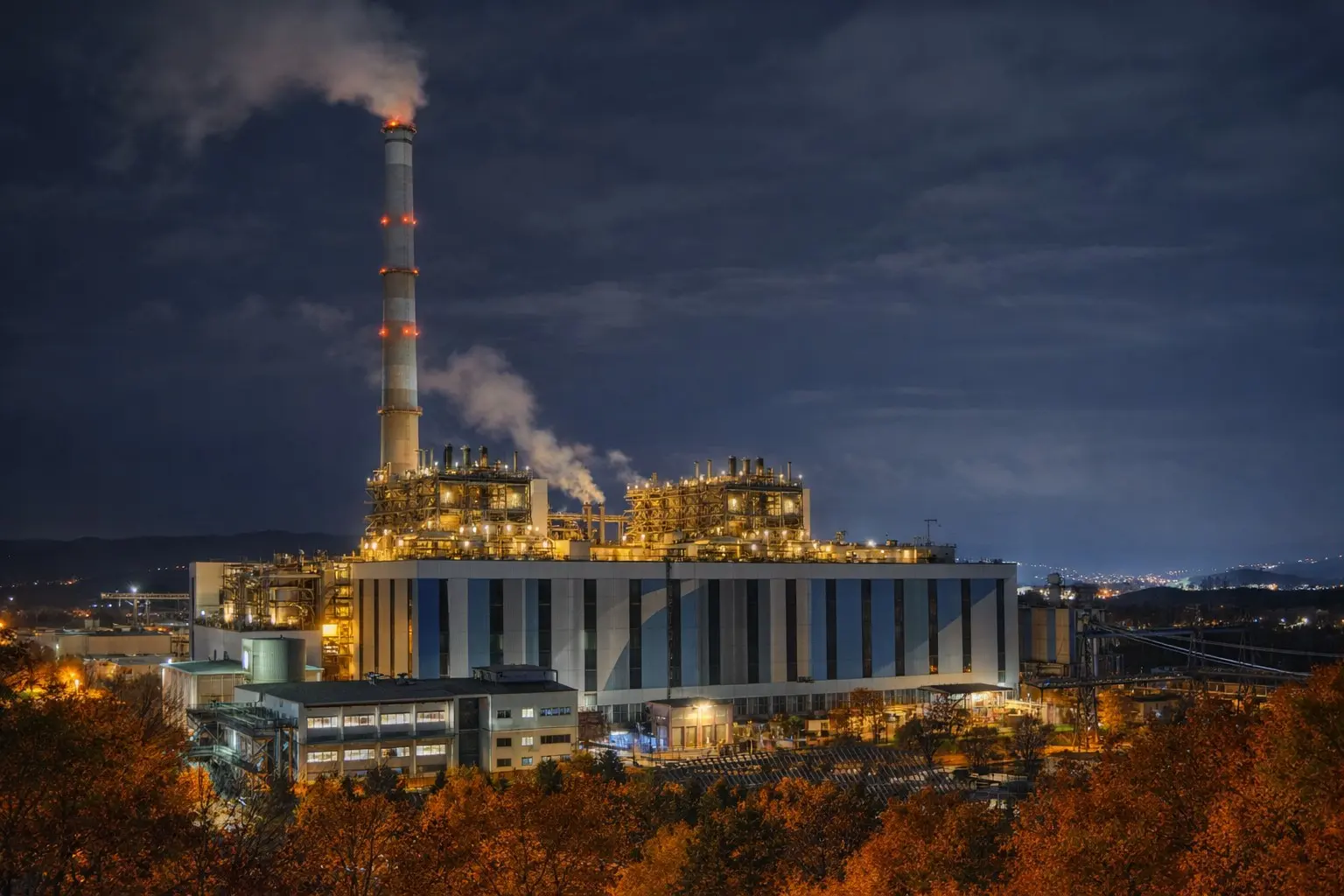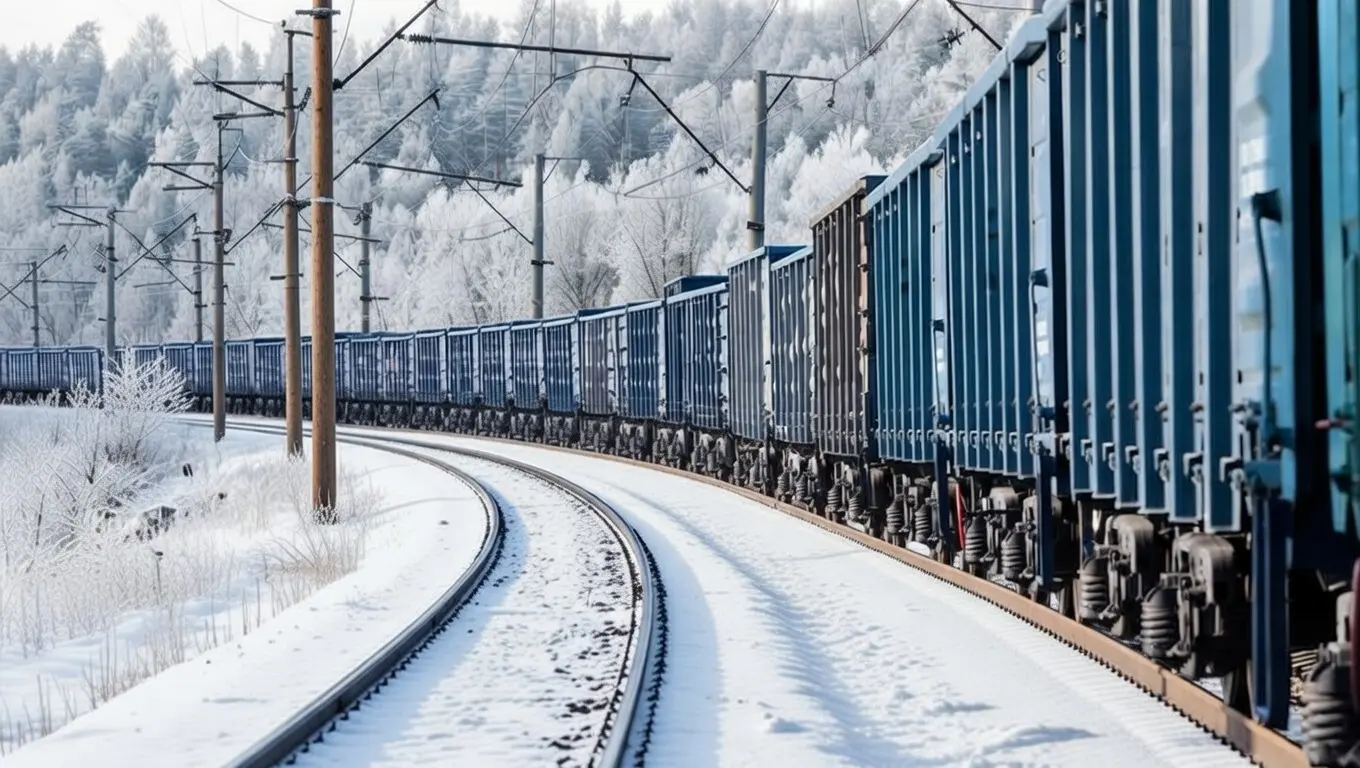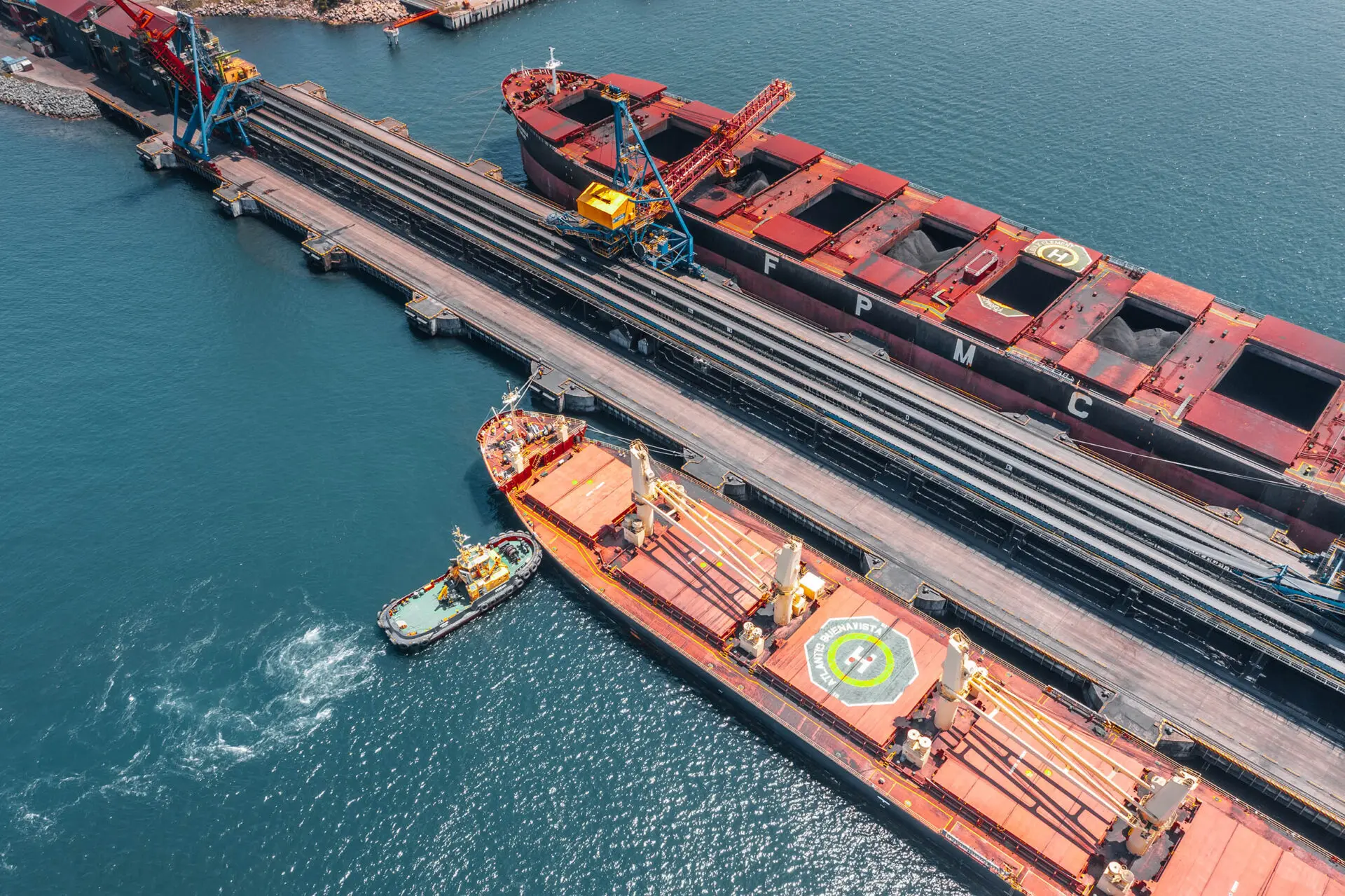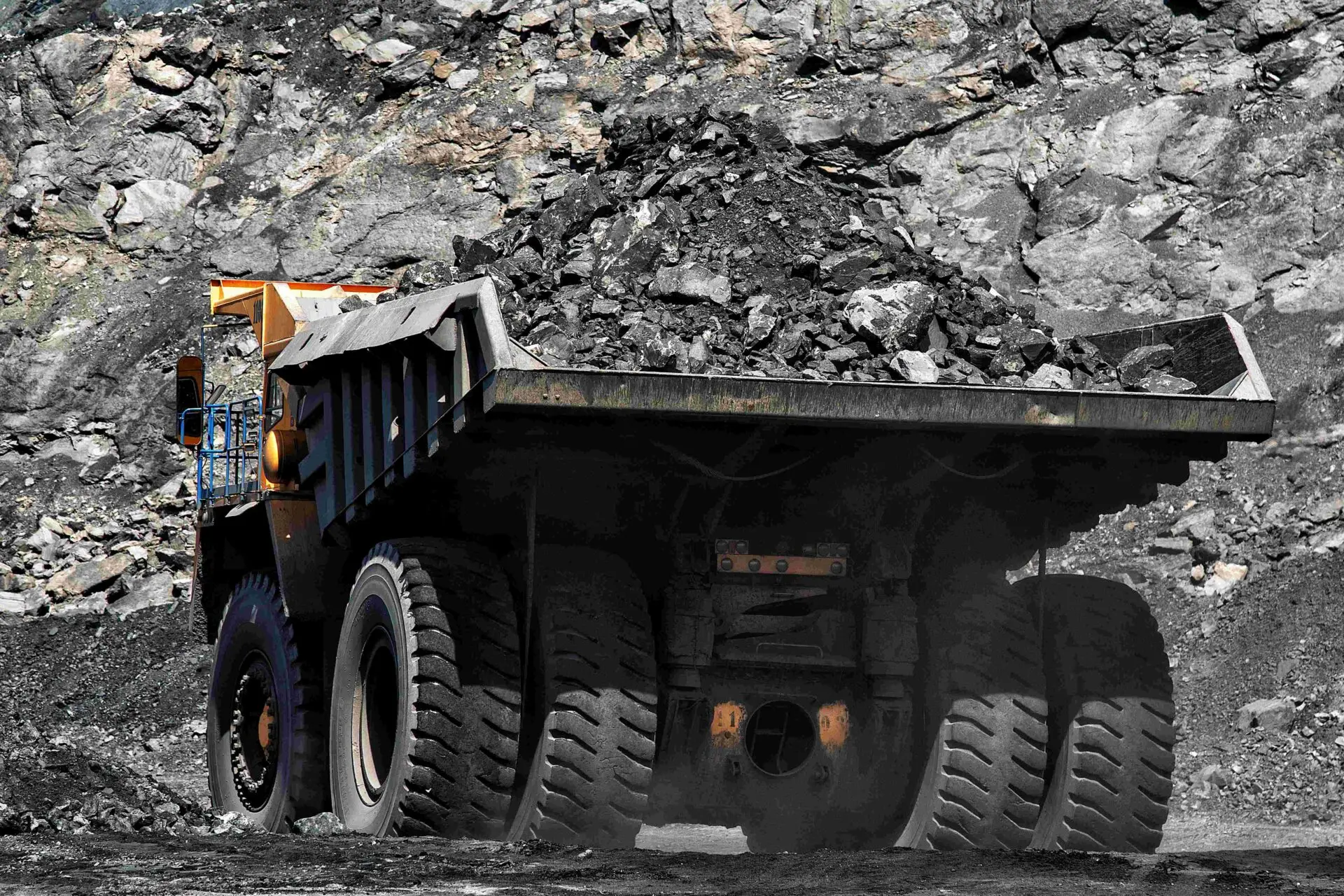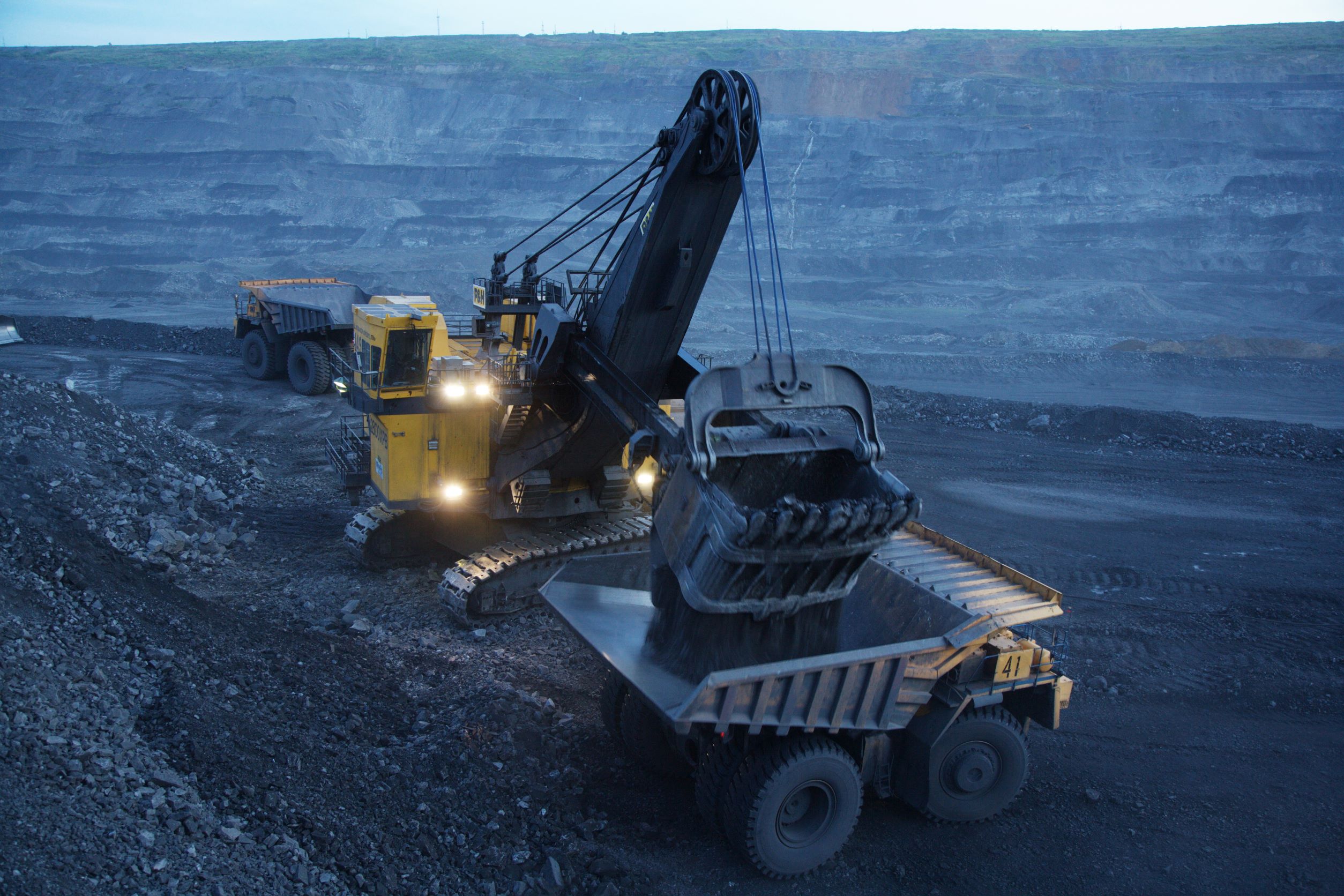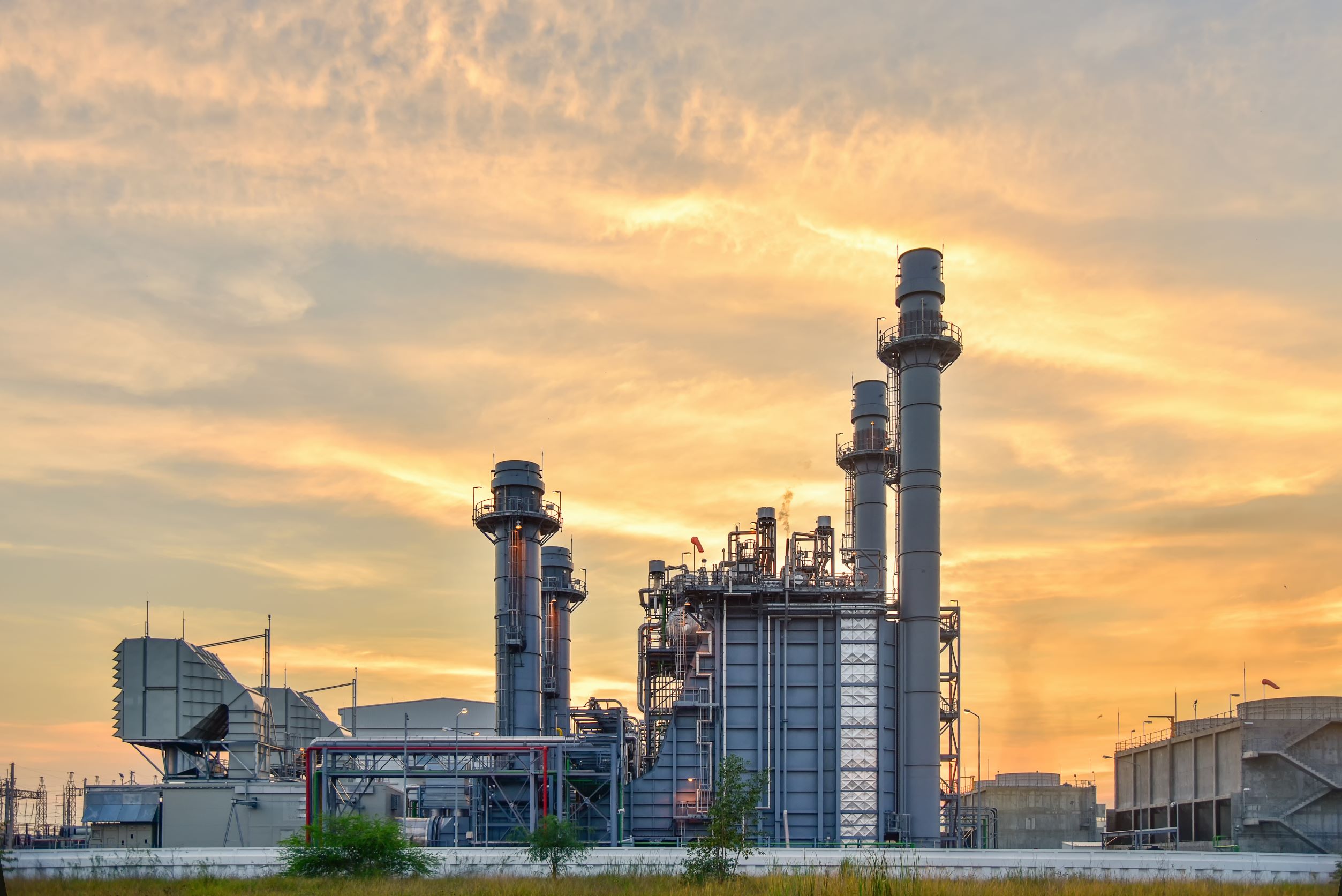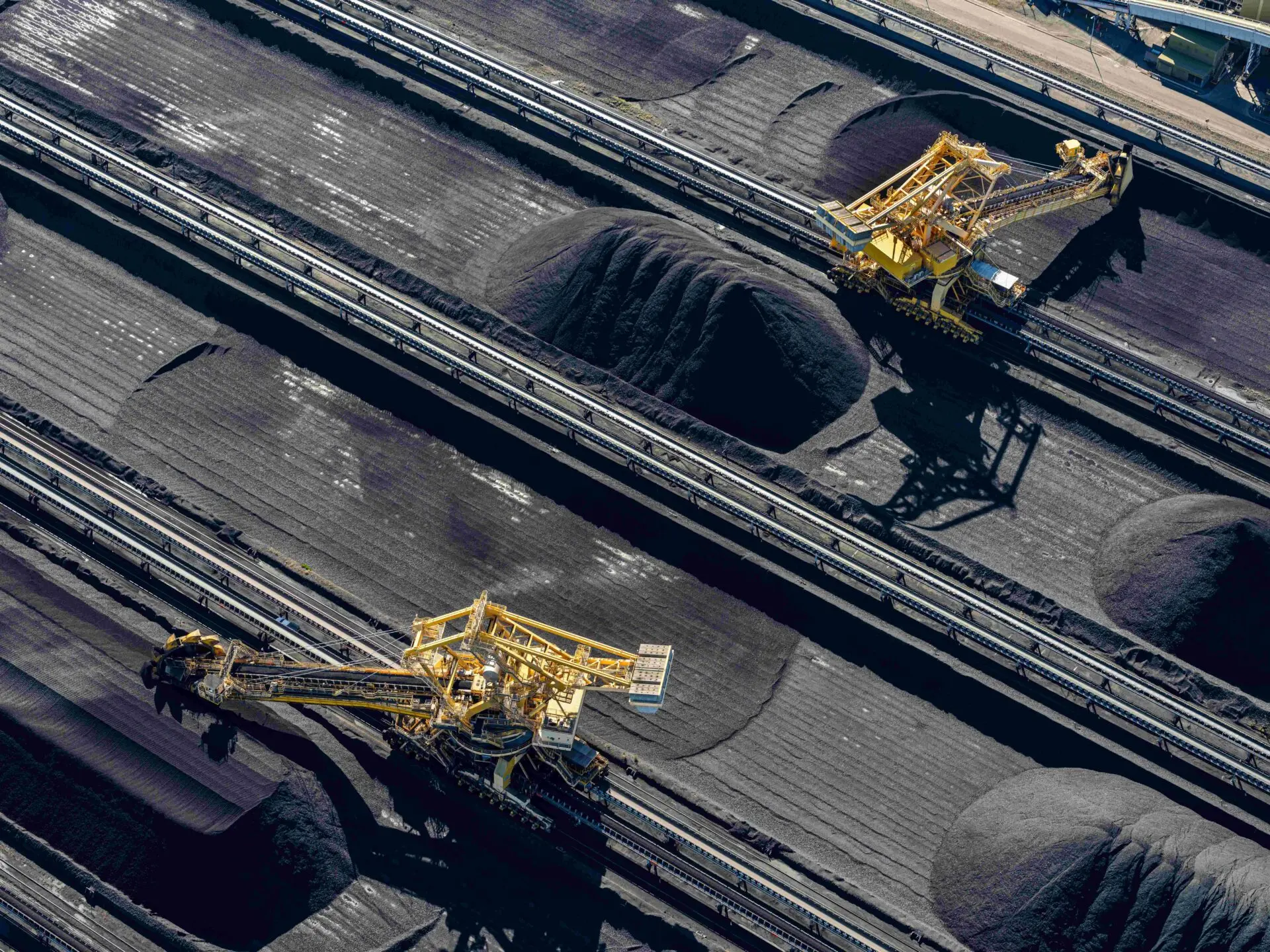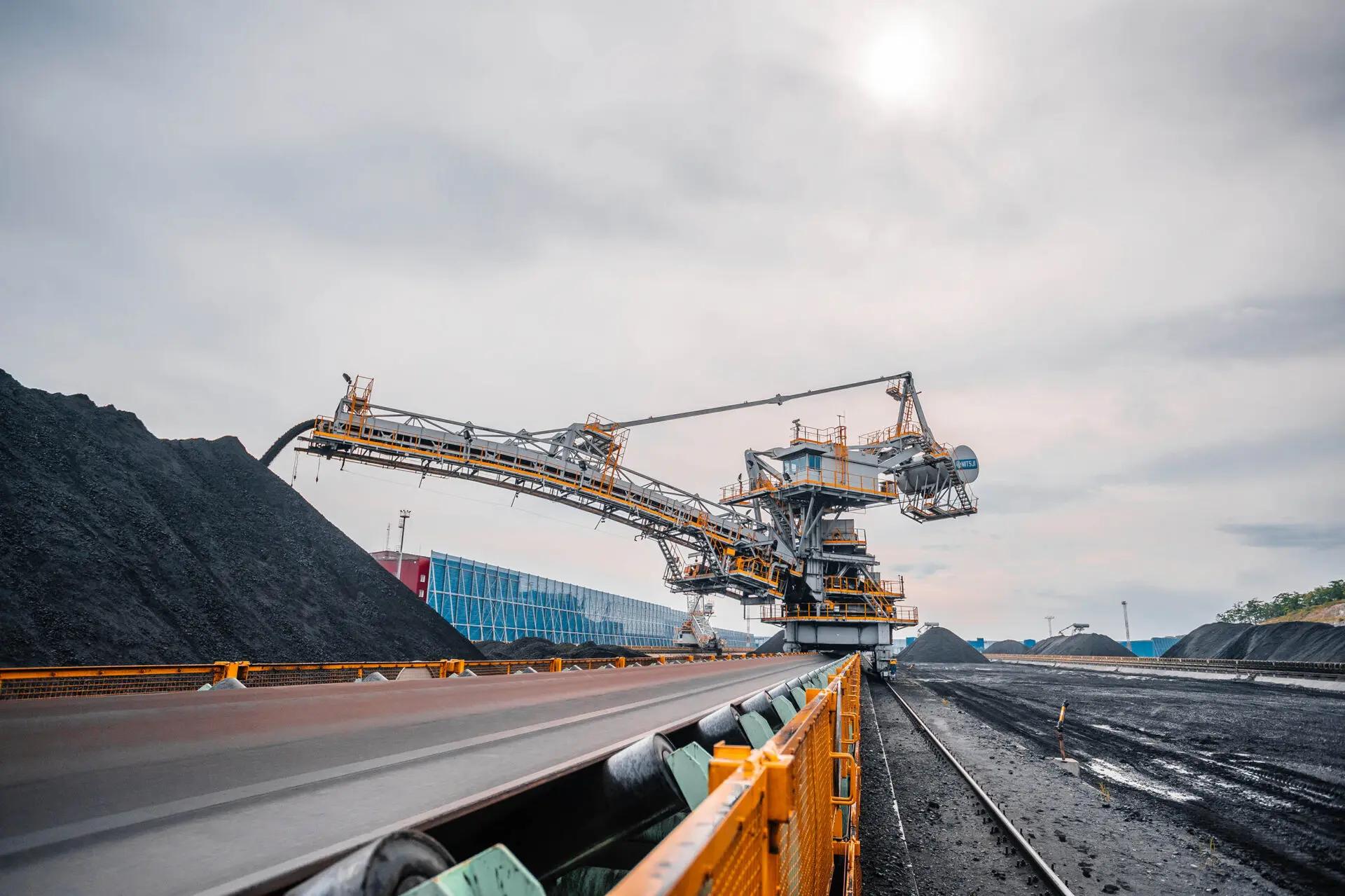

China’s ferrous and steel-consuming sectors such as construction have reported various degrees of disruption to their daily operations by the grand celebration of the 100th anniversary of the founding of the Communist Party of China (CPC) with the formal ceremony to be held in Beijing on July 1, Mysteel Global understood from the related markets on June 22.
Over June 23-July 1, Tian’anmen Square, the venue for the ceremony, will be closed for the related preparatory work including the huge themed horticultural displays and fireworks tests, and the few scenic spots surrounding the square will also be shut over June 25-26 until July 1, the Beijing municipal government shared the closure schedules on its official WeChat account on June 21.
Besides, the roads around the venue will be imposed on traffic control over June 26-27 for the rehearsals.

(Pic: fireworks test at Tian’anmen Square)
It has been a common practice for Beijing to control the traffic, ban heavy trucks on the road, halt construction work to minimize dust pollution, and suspend explosive distributions to the domestic mining operations out of mining accident concerns whenever the country is celebrating a memorable occasion, and this time it is of no exception, according to the Beijing residents.
“Many office buildings in Beijing have stopped welcoming any visitors (probably out of safety concerns),” a Beijing source shared.
Construction sites in Beijing and neighbouring regions stopped
Construction projects in Beijing and neighbouring regions have indeed been shut, and “with (construction) projects been ordered to stop a few days ago, we have had no business recently,” a Beijing-based steel trader admitted. The stoppage will last until the ceremony is over, which will be a very quiet period for either the steel traders or the mills that have been supplying steel to the capital, according to him.
An official from a Shanghai-based consultancy company with Beijing building contractors as customers confirmed. “Our contractors have asked their employees to take leave these days,” she added.
Meanwhile, the impact on spot steel trading has largely been limited to Beijing alone, unlike on the previous important occasions such as China’s 70th birthday when Tangshan, the country’s top steelmaking city over 100km away from Beijing, had ordered its locals mills to scale down production during the celebration period.
This time, “we have not been asked to further cut down on production, but we are still sticking to the 30%-50% (since late March) steel capacity cuts,” an official from a Tangshan mill commented, and so far, “the celebration has not affected our supply, demand or local market sentiment,” he commented.
On June 22, the daily trading volume of construction steel including rebar, wire rod and bar-in-coil across 237 traders nationwide totaled 180,938 tonnes/day, reversing up 12.4% on day and the HRB400E 20mm rebar price in Beijing was Yuan 4,830/tonne ($745.3/t) including the 13% VAT as of June 22, down Yuan 120/t on day, sharper than Yuan 70/t on-day decline of the corresponding national price.

(Themed horticultural display in Beijing, source: Beijing government)
Domestic coal, coke markets directly impacted
Despite a rather normal steelmaking nationwide, some domestic coal mines have received outright orders to idle their operations over mid-June to early June just to minimize the chances of mining accidents during the celebration, market sources shared.
This has been on top of the ongoing workplace safety checks at coal mines across the country’s core production bases since the start of June, and “this has almost become a new normal now that inspectors will arrive without announcements for spot checks,” said an industrial source in North China’s Inner Mongolia, one of China’s core coal mining bases.
So far this year, China has reported quite a few deadly accidents at gold, coal and iron ore mining sites, and the intensified inspections as a result, together with the special occasion celebration, “have been stringent and thorough, with the details such as internal self-checking records on facilities and records of whether mining workers have been dressed appropriately including the safety vests,” he added.
Hubei province in Central China also ordered all its local coal mines to halt underground mining and conduct maintenance instead over June 15-July 5 just to be zero accident, the provincial government-backed Hubei Daily reported.
Some other regions such as Qinshui and Yangcheng both in Jincheng, North China’s Shanxi, have been reportedly imposing similar measures too, Mysteel Global understands.
Mainly impacted by the supply side disruption, Mysteel’s national composite coking coal price jumped Yuan 163/t on week to Yuan 1,543.2/t including the 13% VAT, refreshing the high since Mysteel commenced the assessment on April 5 2018.
China’s domestic iron ore mines feel limited impact
China’s central government has dispatched 16 inspection teams to 31 provinces, municipalities, and autonomous regions to check on safety at all the local mining operations until July 10 as part of the efforts to nurture a safe and peaceful environment for the celebration, according to a WeChat post on June 22 by the Metallurgical Mines’ Association of China (MMAC).
“Currently, our operations are all as per normal,” an official from a Hebei-based iron ore mine, though “explosive distribution will be suspended for a few days around July 1, but it will just affect mining, not processing, so the impact on our iron ore concentrates will be limited,” he elaborated.
Usually, China’s related authorities will stop supplying explosives to the domestic mining operations, which is proven the easiest and most efficient way to minimize accidents during any serious celebrations, Mysteel Global understands.
Besides, local authorities usually crack down on truck overloading as this could be a serious safety hassle too, the Hebei official added, though he clarified that their truck fleets have always been honouring the related loading limits, so this will be of little inconvenience to them.
Two sources from the iron ore mining operations in Liaoning of Northeast China and Shandong of East China, the country’s two core iron ore production bases, reported no disruption to their mining or explosives distributions yet.
Shanxi, a key iron ore and coal mining province in China, though, has halted all the local underground iron ore mines immediately after a deadly accident at an underground iron ore mine Daixian of Shanxi on June 10, as reported, and the date of resumption has yet been known.
As of June 22, iron ore trading for port inventories was relatively active, and Mysteel PORTDEX 62% Australian Fines in Qingdao recovered Yuan 7/wmt ($1.1/wmt) on day to Yuan 1,487/wmt FOT and including 13% VAT after a drop of Yuan 42/dmt on day on Monday.

